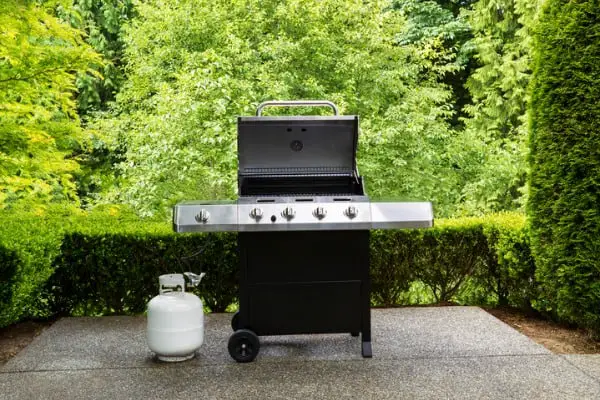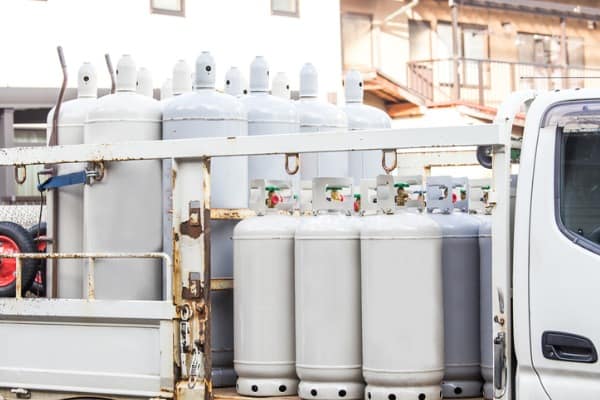
Thinking about calling your local propane supplier as an alternative to another energy source?
It can be used to heat water, heat your home, cook food, dry clothing, and more.
It's also economical, efficient, plentiful, and readily available, not to mention being more environmentally friendly than other fuels.
According to some of the latest figures, some 50 million residential propane users in the U.S. enjoy the advantages it offers, including these.
Quick Navigation
Cost Savings
Using propane rather than electricity can help you save a significant amount of money.
For example, if you use it to heat your home, it's more efficient – double the efficiency of natural gas. As you'll use less, you'll be able to go longer in between filling the tank.
Beyond this, if you rely on a reputable company such as Sunshine Oil Co. for your supply of propane gas, you'll usually always pay a fair price, allowing you to double down on the savings you're making.
This is without mentioning that working with a propane supplier company like Gibson Oil and Gas will allow you to organize fuel delivery too, so you can save time and money on traveling to pick up more propane.
This is without mentioning that working with such a company will allow you to organize fuel delivery too, so you can save time and money on traveling to pick up more propane.
While they tend to cost more initially, over the long, you'll save – and there are frequently incentives available to help you save even more when buying a new, more efficient propane furnace.
When it comes to your appliances, those running on propane usually last longer as compared to electric versions, saving money as well as the time you'd have to endure being without it after a breakdown.
Clean Burning
Propane is listed as an approved clean fuel in the 1990 Clean Air Act and the Energy Policy Act of 1992, considered to be one of the cleanest burning of any fossil fuel thanks to its lower carbon content.
Coal generating plants, on the other hand, contribute to acid rain. Plus, propane is non-toxic, so it isn't harmful to the soil or water.
Additionally, sulfur dioxide and particulates are the result of burning dirty fuels such as diesel and gasoline, which creates soot and scaling in appliances, often leading to an increased need for maintenance.
It's Safe to Transport and Use

Propane has a strong safety record, thanks in part to strict regulations and codes developed by both the National Fire Protection Association (NFPA) and the industry itself.
In fact, the safest way to heat is with gas.
Despite that, one of the most common misconceptions is that propane causes most of the fires in the U.S., but it doesn't rank among the leading causes of fires, it's not even listed as a source of home fires – the major causes are cooking and heating equipment, candles, and intentionally set fires.
It's also safe to transport propane as it will simply dissipate into the air should a leak occur, you can find propane delivery available at https://kellypropane.com.
Gasoline will ignite when it reaches between 430 and 500 degrees, but the propane-to-air ratio has to be anywhere from 2.2 and 9.6 percent for it to ignite.
Manufacturers are also held to stringent safety standards when producing propane equipment and appliances.
It's Versatile
Propane can heat your home and power everything from a clothes dryer to a space heater, fireplace, stove, water heater, and generator.
Propane gas fireplaces provide actual flames, as compared to an electric fireplace that produces fake flames.
You can enjoy it outside, too, whether you want to illuminate your yard with propane-powered lights, heat your pool water, or turn on the grill – propane gas grills provide even-cooking precision without dangerous chemicals or starter fluid.
